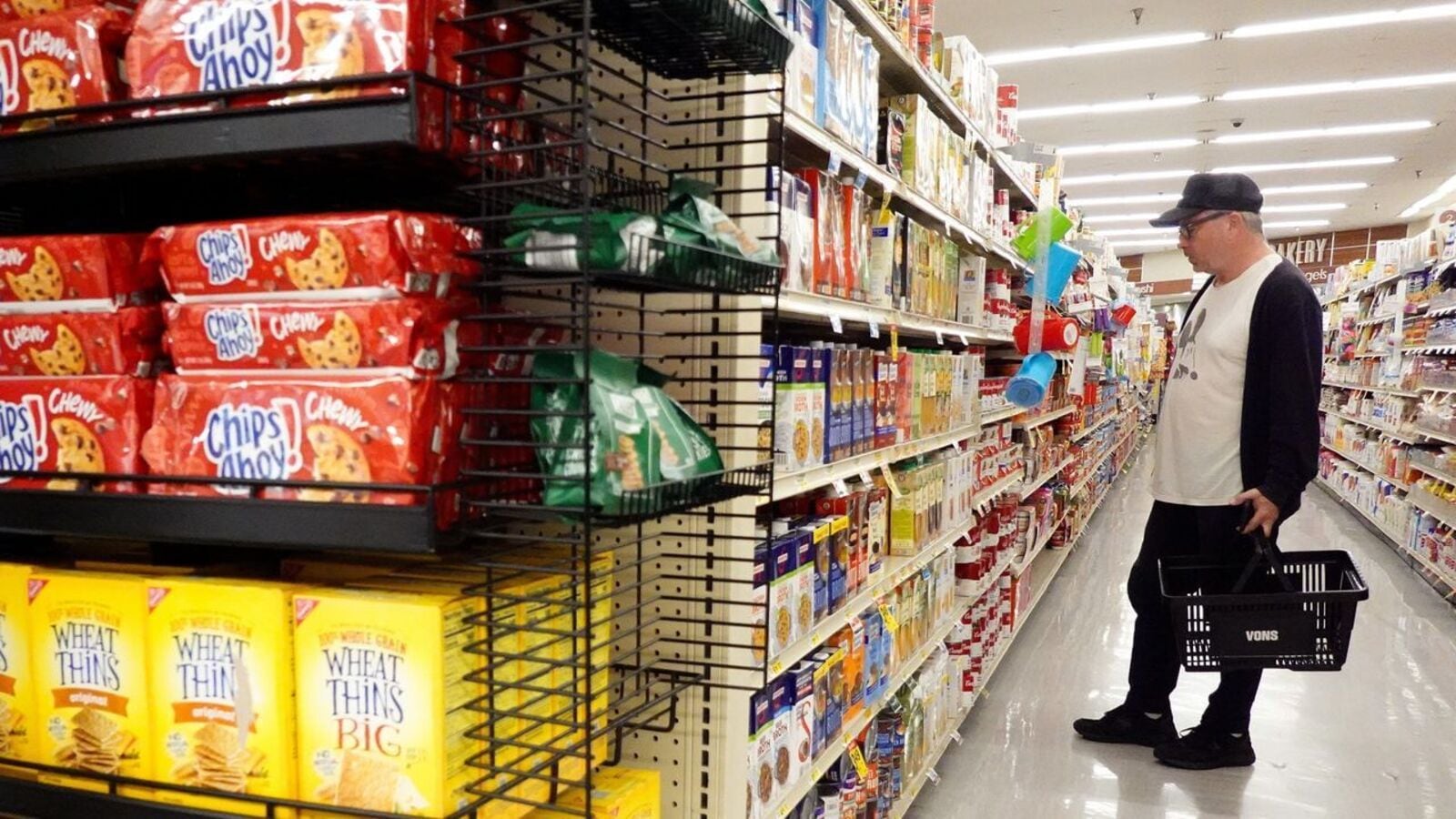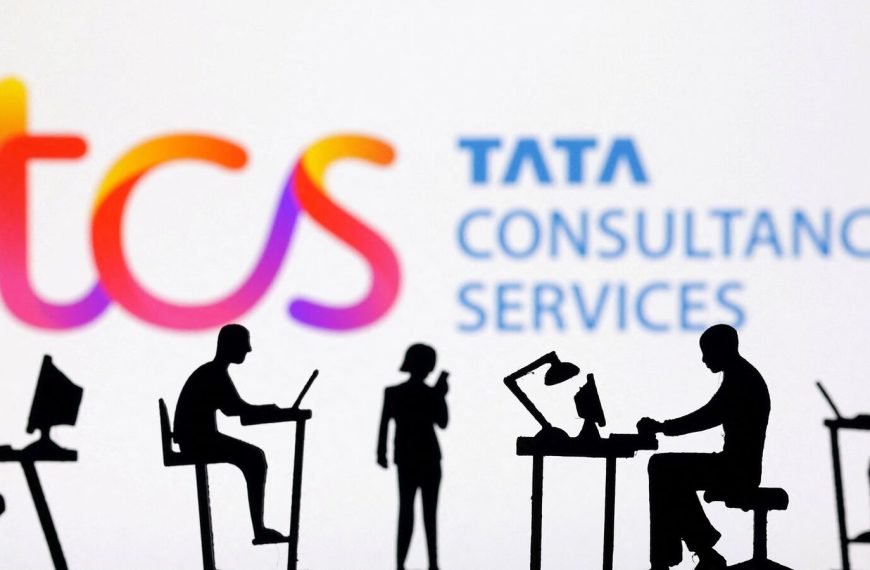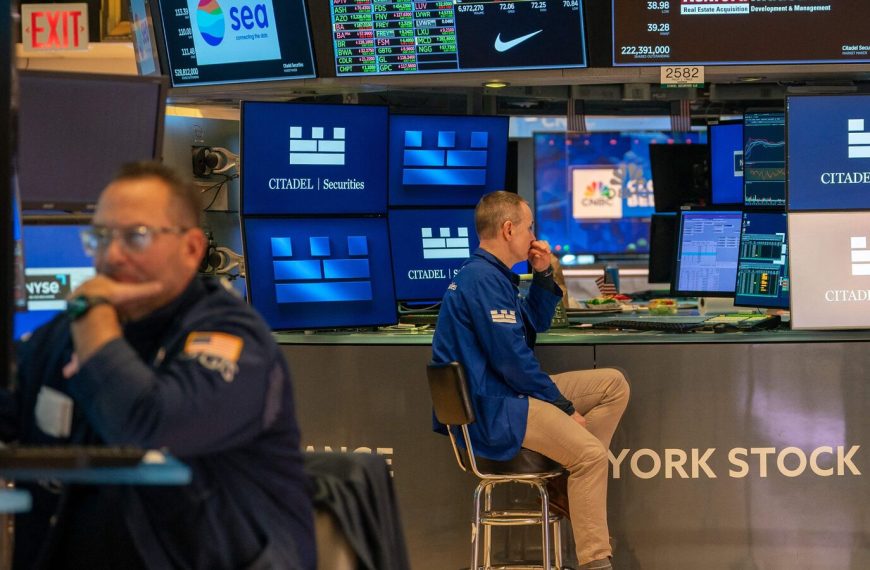In March, the mood of American consumers took a significant downturn, reaching its lowest point in nearly two and a half years. Concerns surrounding inflation surged as many individuals worry that President Donald Trump’s tariffs could escalate prices and disrupt economic stability. The latest findings from the University of Michigan’s Consumer Surveys reveal a widespread sentiment of uncertainty, with consumers expressing difficulty in planning for their financial futures amid fluctuating economic policies.
Consumer Sentiment Hits Rock Bottom
The Consumer Sentiment Index plummeted to 57.9, a stark decrease from 64.7 in February and the lowest since November 2022. Economists had anticipated a slight decline to 63.1, making the actual drop even more alarming. This decline has wiped out all the gains achieved after Trump’s election victory in November 2016.
- Key Findings:
- 10% drop in sentiment among Republicans
- 12% decrease among Independents
- 24% plunge for Democrats
Joanne Hsu, Director of the Surveys of Consumers, noted that individuals across all political affiliations recognize a weakening outlook since February, highlighting a collective concern regarding personal finances, employment, and the overall economy.
Tariffs and Trade Tensions
Trump’s administration has implemented various tariffs on essential goods from major trading partners, including Canada, China, and the European Union, prompting retaliatory measures. Recent threats of a 200% tariff on European imports like wine and cognac have only added to the uncertainty.
- Consumer Insights:
- 48% of respondents believe tariffs will lead to higher prices in the future
- Inflation expectations for the next year rose to 4.9%, the highest since November 2022
- Five-year inflation expectations increased to 3.9%, marking the highest since February 1993
Tim Quinlan, a senior economist at Wells Fargo, emphasized a shift in consumer perception, noting that price increases are now viewed as a longer-term reality rather than temporary spikes experienced during the pandemic.
Economic Implications and Federal Reserve Response
Despite a recent rebound in Wall Street stocks, the overall economic landscape remains precarious. Federal Reserve officials are expected to maintain the benchmark interest rate between 4.25% and 4.50%, having previously lowered it by 100 basis points since September. The ongoing rise in inflation expectations poses challenges for policymakers, who may find it difficult to dismiss the potential long-term impacts of tariffs on prices.
Conrad DeQuadros, a senior economic advisor at Brean Capital, pointed out that the current data raises doubts about whether tariffs can be treated as a one-time price adjustment rather than a sustained inflationary factor.
Broader Economic Concerns
Public sentiment reflects growing unease about Trump’s economic policies, with a Reuters/Ipsos poll revealing that 57% of respondents find his economic maneuvers erratic, and 53% believe the tariff war could be more detrimental than beneficial.
Bill Adams, chief economist at Comerica Bank, warned that diminishing consumer confidence could pose a serious threat to spending. When individuals fear an economic downturn, they tend to hold back on significant purchases, dining out, or traveling, which could further strain the economy.
Conclusion
As concerns about inflation and economic stability rise, the interplay between consumer sentiment and spending behavior becomes increasingly crucial. The uncertainty stemming from tariffs and trade policies poses challenges not only for consumers but also for the broader economic framework. As we move forward, monitoring these trends will be vital for understanding the potential impacts on both consumer behavior and economic growth.











